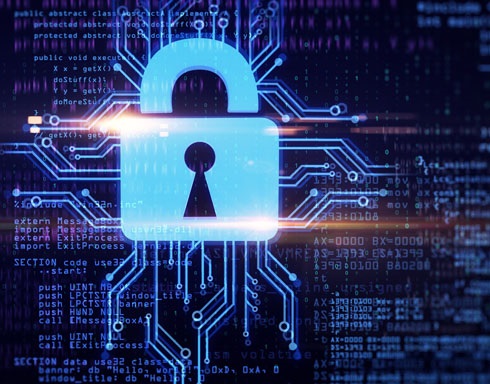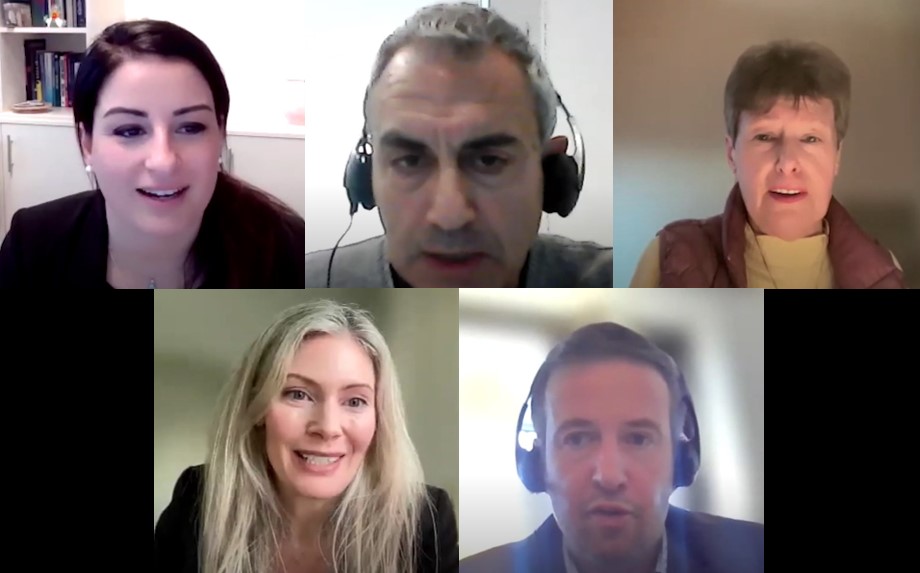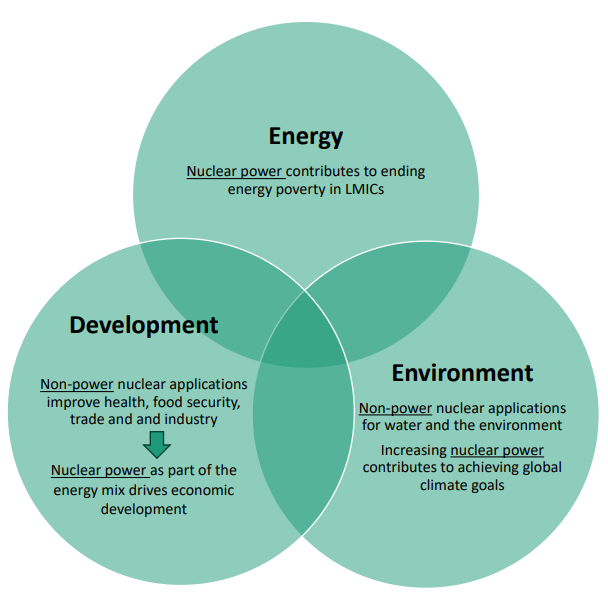
On 9 and 10 November 2020, the VCDNP held its third and final workshop in a series of workshops supported by the U.S. Department of Energy’s National Nuclear Security Administration, focused on unique challenges and benefits that emerging and advanced technologies pose to nuclear safeguards and export controls, as well as recommendations for next steps. The third workshop built on the results of the previous two workshops, which were held on 5 April 2019 and 15 November 2019.
Due to the COVID-19 pandemic, the workshop was convened virtually, and brought together 51 participants from nuclear supplier governments, diplomats, the International Atomic Energy Agency (IAEA), industry and think tanks. As with the previous two workshops, the event was held under the Chatham House Rule to encourage open and frank dialogue.
Given that the workshop was the final in the series, the sessions were focused on ways to move the discussion forward and on actionable items that could be taken. To facilitate the dialogue, two discussion papers were developed and circulated in advance of the meeting. The discussion papers addressed the following topics:
The papers led to a fruitful discussion during the two days of the workshop, in which the need for continued dialogue and outreach to all stakeholders was stressed. Emphasis on raising awareness among parties on safeguards and export control obligations was made, in which a suggestion to develop a multi-stakeholder platform managed by a third party was considered. Bilateral and trilateral consultations among developers, national regulators, and the IAEA at the earliest stages of developing an advanced reactor were recommended, inter alia, as a cost‑saving strategy to avoid having to make adjustments later in the design process. Such consultations are consistent with the concept of “safeguards by design,” which is an approach whereby early consideration of international safeguards is included in the design process of a nuclear facility, allowing informed design choices that are the optimum confluence of economic, operational, safety and security factors, in addition to international safeguards.
In addition, emphasis was placed on inviting export controls and safeguards stakeholders to one another’s events to continue the conversation in parallel forums. To assist in cross-stakeholder dialogue, the role of third parties in providing spaces to discuss key matters concerning safeguards and export control obligations was promoted. The term “non‑proliferation by design” was introduced and was considered as a concept that could help bridge differences among the various communities. In this regard, conversations around building narratives and developing common culture were strongly supported as ways to highlight the advantages for all derived from compliance.
The other topic that was extensively discussed during the workshop was the idea of developing a code of conduct for emerging nuclear technologies. How the code of conduct would be perceived by stakeholders, especially smaller players like new startups and do-it-yourself communities, was raised. In addition, the scope of the code of conduct, the issue of compliance and the benefits of adhering to the code of conduct were addressed. Participants agreed that the development of a code of conduct had to be driven and owned by the stakeholders themselves. Promoting a bottom-up approach in this regard was strongly supported. Much of the conversation also surrounded existing structures and how they could assist in this process.
The workshop series confirmed the need to have these conversations and the interest by stakeholders to be engaged in the dialogue. As a result of the workshop series, the VCDNP produced a comprehensive recommendations document, available below.
Download the recommendation paper.
Featured image courtesy of NATO.

